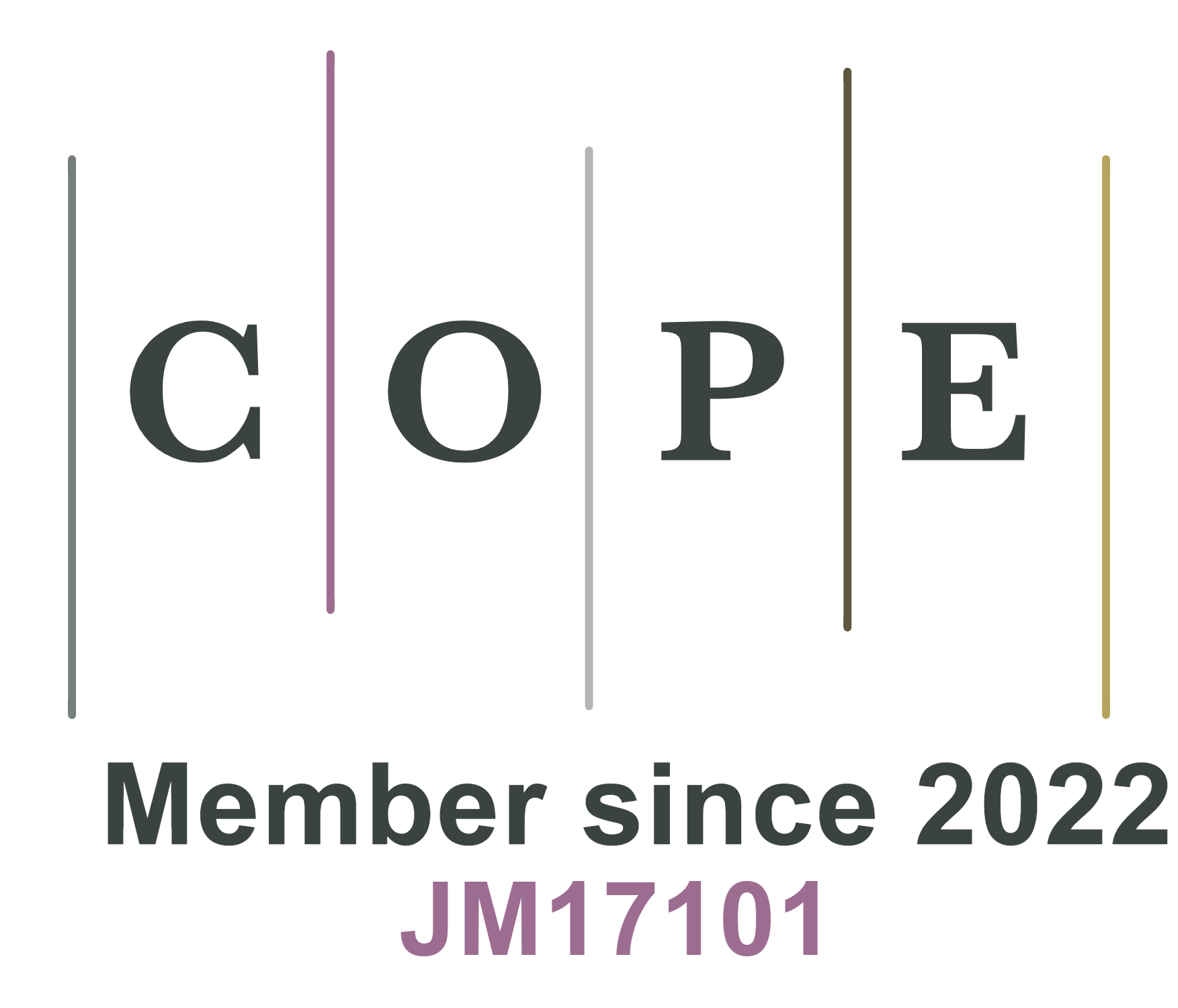Contents
Host

Dr. Kai Yang
University of Surrey, UK.
Biography:
Dr. Kai Yang, a Lecturer of Energy Materials & Nanotechnology at the Advanced Technology Institute, University of Surrey. His research focuses on developing in situ and operando techniques to probe interfacial electrochemistry, lab-on-chip high-throughput electrochemical for rapid electrochemical screening, and embedded battery sensors for real-time diagnostics.
Dr. Kai Yang, a Lecturer of Energy Materials & Nanotechnology at the Advanced Technology Institute, University of Surrey. His research focuses on developing in situ and operando techniques to probe interfacial electrochemistry, lab-on-chip high-throughput electrochemical for rapid electrochemical screening, and embedded battery sensors for real-time diagnostics.
Speaker

Prof. Rafael Luque
ECOTEC University, Ecuador.
Topic: Benign-by-design nanomaterials for catalysis and energy-related applications
Topic: Benign-by-design nanomaterials for catalysis and energy-related applications
Biography:
Prof. Rafael Luque has extensive experience in the valorization of biomass and waste into materials, fuels, and chemicals. His research spans nanoscale chemistry, green chemistry and catalysis, as well as environmental remediation, with particular interest in plastic waste treatment and bioremediation. He has published over 1,000 scientific papers, holds an h-index of 110, and has been recognized as a Highly Cited Researcher by Clarivate Analytics for five consecutive years (2018–2022). Currently, Prof. Luque serves as a DFSP Chair Professor at King Saud University (Saudi Arabia). He also holds multiple concurrent positions, including Head of the B4 Group (Bioresources, Biopolymers, Biotechnology, and Biorefineries) and Project Director at the National University of Science and Technology Polytehnica Bucharest (Romania); Director of the Center for Molecular Design and Synthesis of Innovative Compounds for Medicine at RUDN University (Russia); International Distinguished Scientist and Rectoral Advisor at Universidad ECOTEC (Ecuador); and Rosario Pietropaolo Honorary Chair at the Università degli Studi Mediterranea di Reggio Calabria (Italy).
Prof. Rafael Luque has extensive experience in the valorization of biomass and waste into materials, fuels, and chemicals. His research spans nanoscale chemistry, green chemistry and catalysis, as well as environmental remediation, with particular interest in plastic waste treatment and bioremediation. He has published over 1,000 scientific papers, holds an h-index of 110, and has been recognized as a Highly Cited Researcher by Clarivate Analytics for five consecutive years (2018–2022). Currently, Prof. Luque serves as a DFSP Chair Professor at King Saud University (Saudi Arabia). He also holds multiple concurrent positions, including Head of the B4 Group (Bioresources, Biopolymers, Biotechnology, and Biorefineries) and Project Director at the National University of Science and Technology Polytehnica Bucharest (Romania); Director of the Center for Molecular Design and Synthesis of Innovative Compounds for Medicine at RUDN University (Russia); International Distinguished Scientist and Rectoral Advisor at Universidad ECOTEC (Ecuador); and Rosario Pietropaolo Honorary Chair at the Università degli Studi Mediterranea di Reggio Calabria (Italy).
Abstract
This talk presents recent advances in benign-by-design nanomaterials inspired by the research of Prof. Rafael Luque, focusing on sustainable synthesis routes using biomass-derived precursors, low-energy processes, and waste valorisation. These green methodologies enable metal, metal oxide, and carbon-based nanostructures with tailored properties for high-performance catalysis and energy conversion and storage. Key examples include applications in biomass upgrading, CO2 valorisation, clean-fuel production, and the development of robust electrodes for batteries and supercapacitors. The talk highlights how environmentally responsible design can deliver efficient, scalable nanomaterials for next-generation sustainable technologies.










